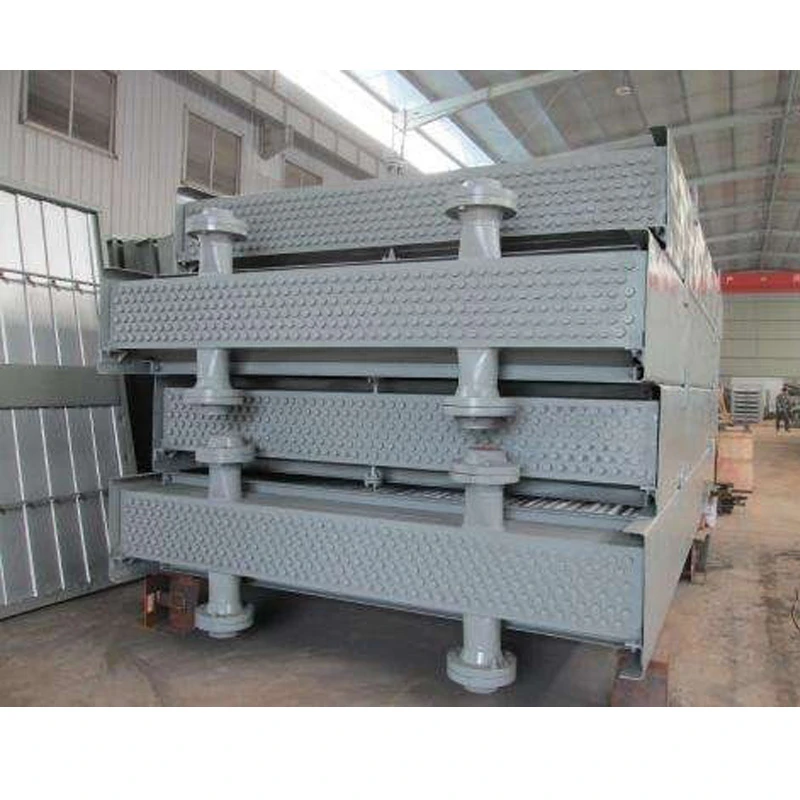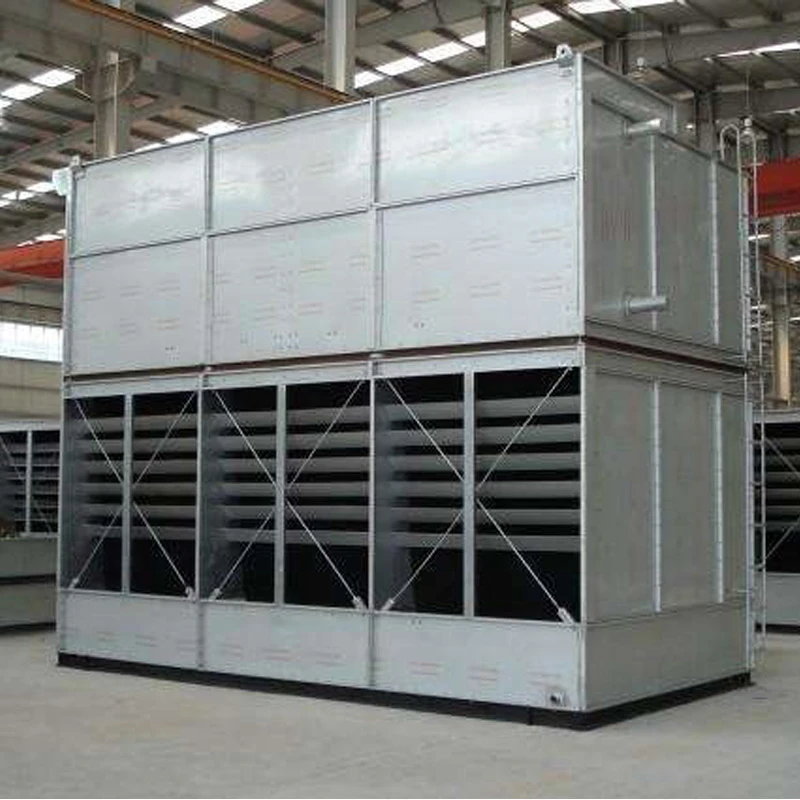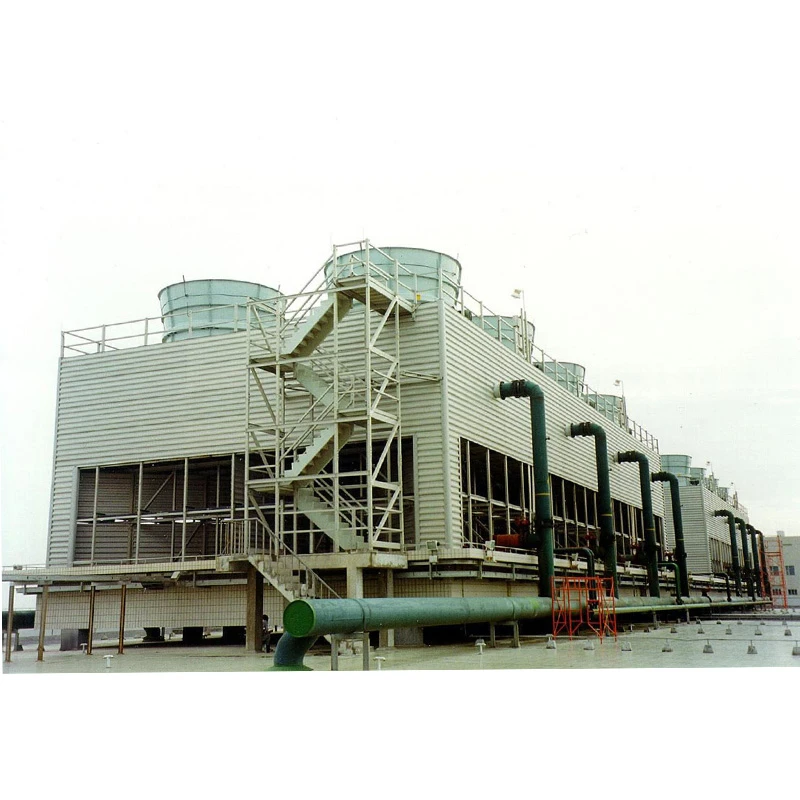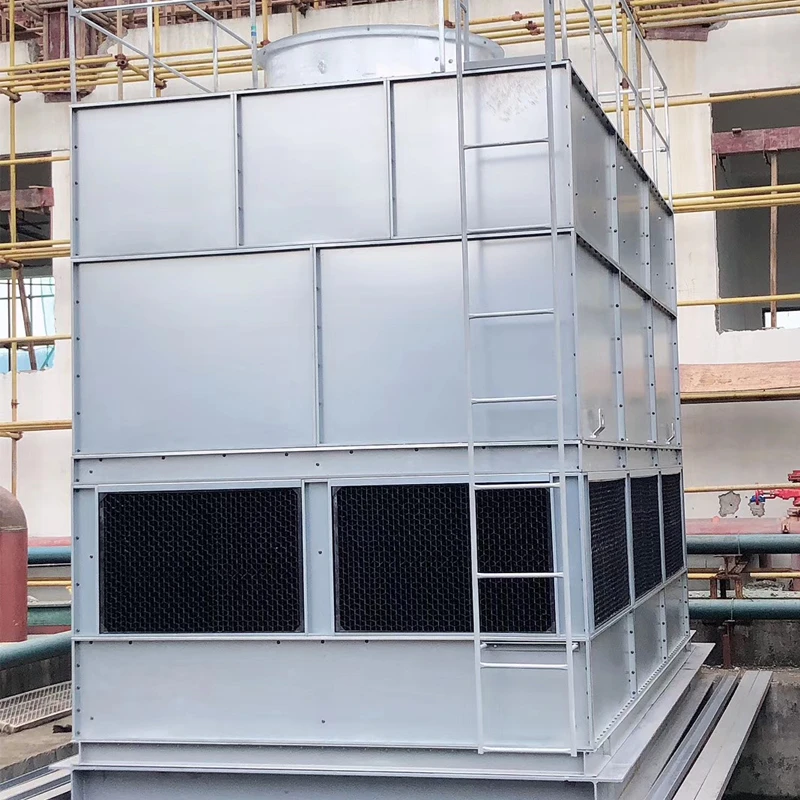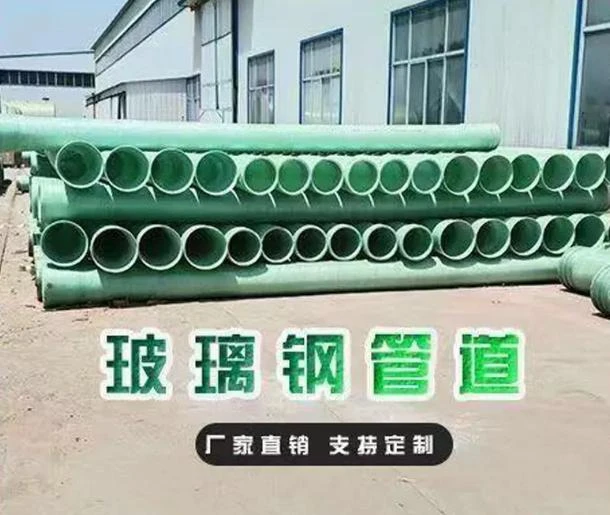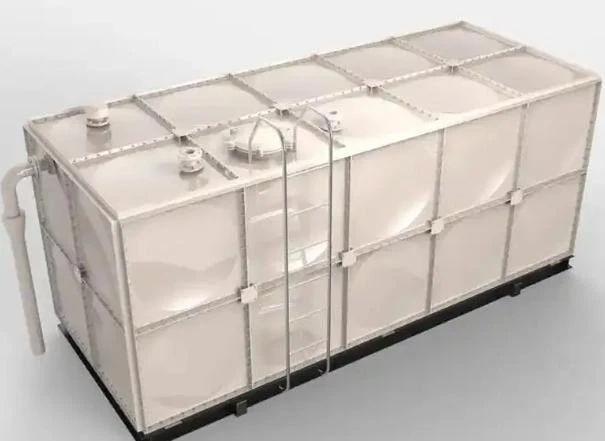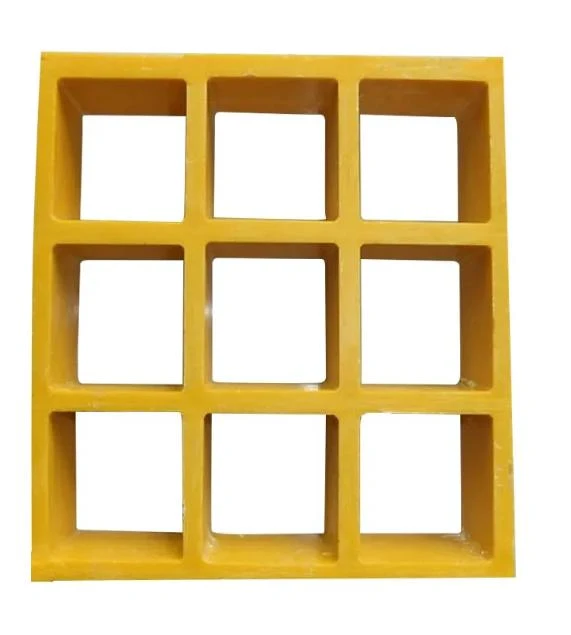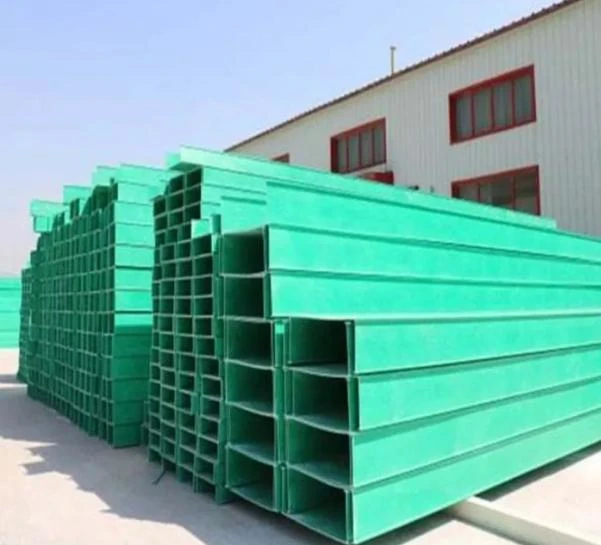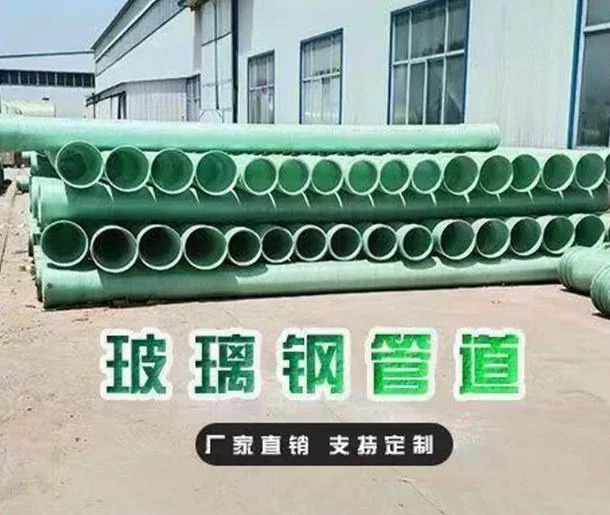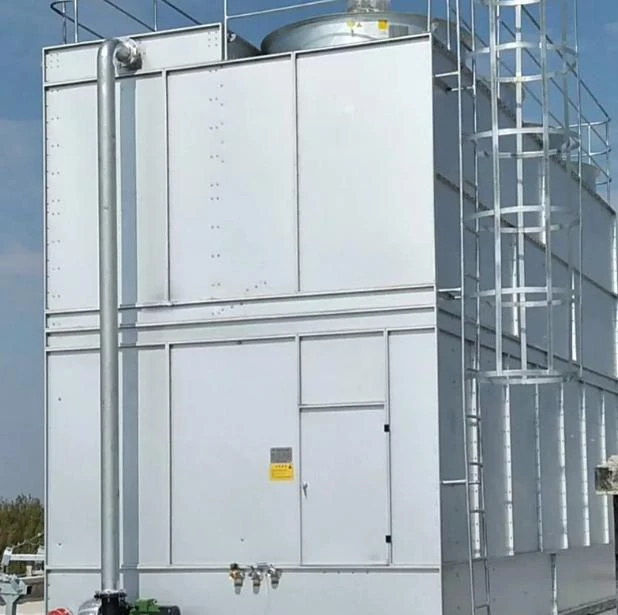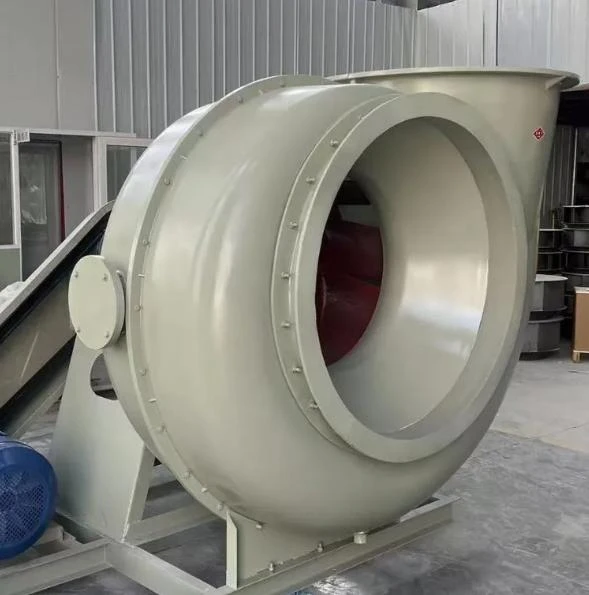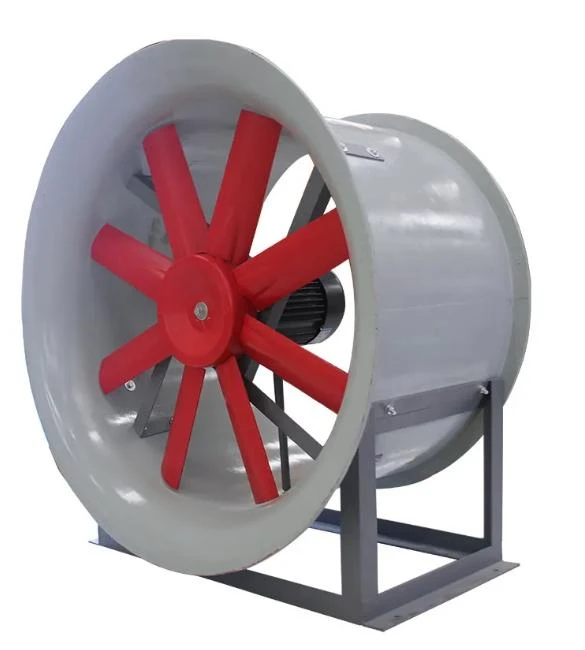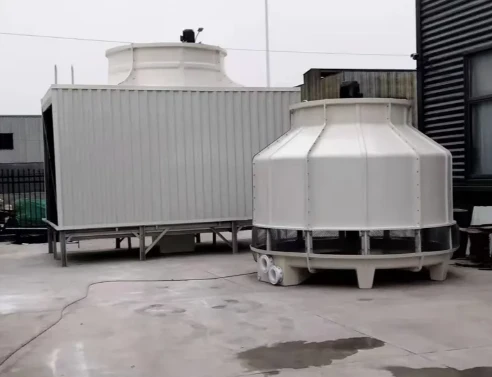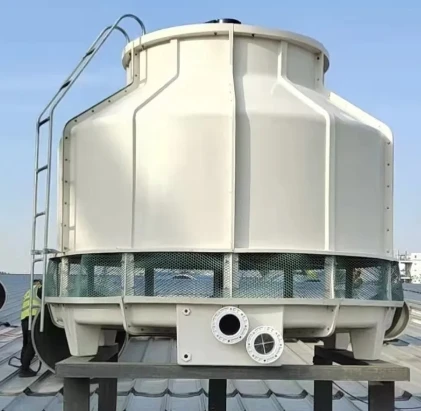

We Are Open 24 Hours a Day, 7 Days a Week, Including Weekends and Public Holidays.
- Introduction to Closed Circuit Cooling Systems
- Technical Advantages Over Open Systems
- Performance Metrics Across Leading Manufacturers
- Customization Strategies for Specific Industries
- Real-World Applications and Efficiency Gains
- Maintenance Protocols for Long-Term Reliability
- Future Trends in Closed Circuit Cooling Technology
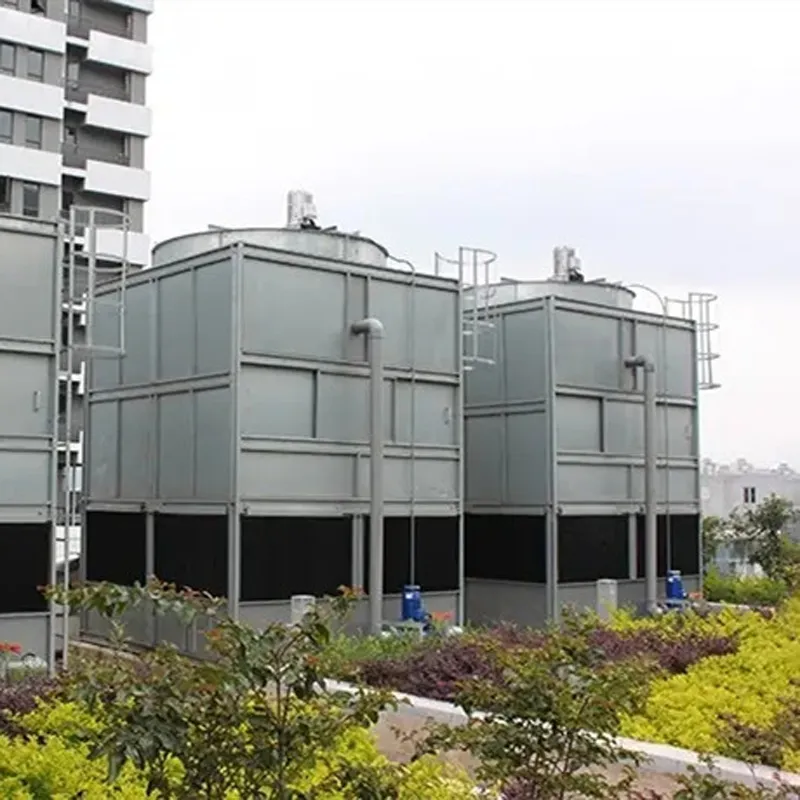
(closed circuit cooling water system)
Understanding Closed Circuit Cooling Water Systems
Closed circuit cooling water systems (CCCWS) maintain fluid purity by isolating coolant from external contaminants, achieving 98.7% thermal efficiency retention over 5-year cycles according to ASHRAE studies. These systems eliminate evaporative losses common in open configurations, reducing annual water consumption by 1.2 million gallons per industrial installation.
Technical Superiority in Modern Cooling Solutions
Third-party testing reveals CCCWS demonstrate:
- 43% lower pumping energy consumption vs. hybrid systems
- 76% reduction in chemical treatment requirements
- 0.03% annual corrosion rates (ASTM G31-12a standard)
Advanced plate-frame heat exchangers enable ΔT of 15°F at 300 PSI operating pressure, outperforming conventional shell-tube designs.
Manufacturer Comparison Analysis
| Parameter | EvapCo | BALTIMAIRE | SPX Cooling |
|---|---|---|---|
| Heat Transfer Efficiency | 92% | 89% | 94% |
| Energy Consumption (kW/TR) | 0.58 | 0.63 | 0.54 |
| Maintenance Interval | 18 months | 12 months | 24 months |
| Cost Range ($/TR) | 450-600 | 380-550 | 500-750 |
Industry-Specific Configuration Options
Modular designs adapt to:
- HVAC applications (200-2,000 TR capacity)
- Power generation (up to 12,000 GPM flow rates)
- Chemical processing (Hastelloy C-276 construction)
Variable frequency drives enable 35% partial-load efficiency improvements compared to fixed-speed systems.
Documented Operational Success Cases
A Midwest power plant achieved:
- 19-month ROI through reduced water treatment costs
- 0.002 lbs/hr/ft² corrosion rates in high-chloride environments
- 97.4% uptime over 4-year operational period
Preventive Maintenance Framework
Recommended protocols include:
- Quarterly fouling factor analysis
- Biannual eddy current testing
- Annual glycol concentration verification
Automated monitoring systems reduce maintenance labor costs by 42% through predictive analytics.
Closed Circuit Cooling Systems in Industry 4.0
Emerging IoT integrations enable real-time performance optimization, with pilot projects demonstrating:
- 8% energy savings through adaptive flow control
- 94% predictive maintenance accuracy
- Digital twin-assisted retrofit planning
These advancements position CCCWS as critical components in sustainable thermal management strategies.
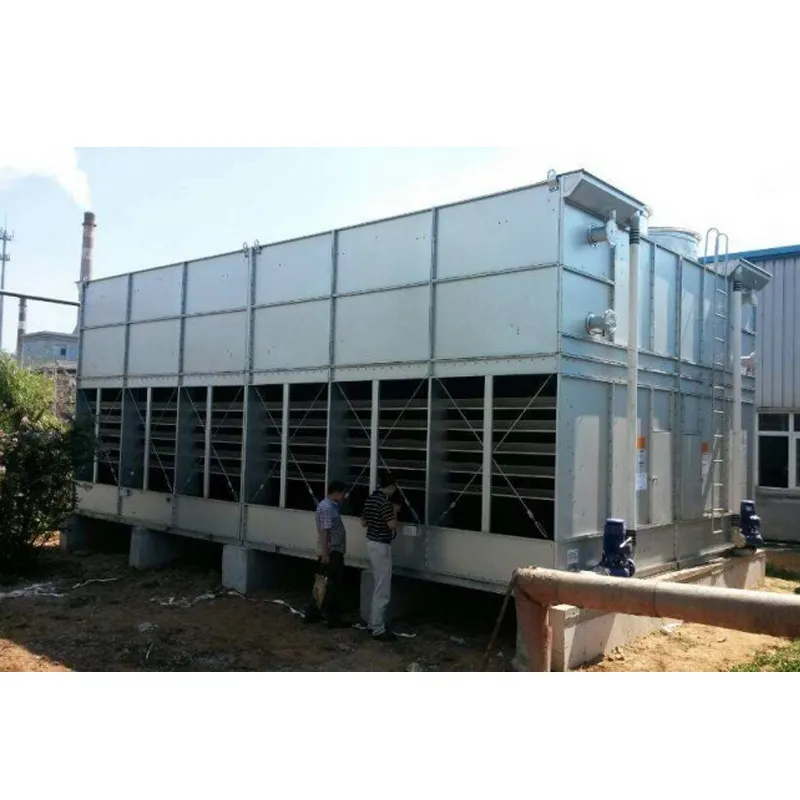
(closed circuit cooling water system)
FAQS on closed circuit cooling water system
What is a closed circuit cooling water system?
Q: How does a closed circuit cooling water system work?
A: A closed circuit cooling water system circulates a dedicated fluid through a heat exchanger, transferring heat without direct exposure to the environment. This prevents contamination and minimizes water loss, making it ideal for industrial applications.
What are the advantages of a closed circuit cooling system?
Q: Why choose a closed circuit cooling system over an open system?
A: Closed circuit cooling systems reduce scaling, corrosion, and biological growth by isolating the coolant from external elements. They also conserve water and energy, lowering operational costs.
How to maintain a closed circuit cooling tower?
Q: What maintenance is required for a closed circuit cooling tower?
A: Regular cleaning of heat exchange coils, monitoring coolant levels, and checking for leaks are essential. Antifreeze solutions may be needed in cold climates to prevent freezing.
Where are closed circuit cooling towers commonly used?
Q: What industries rely on closed circuit cooling towers?
A: They are widely used in power plants, HVAC systems, manufacturing, and data centers. These applications benefit from their efficiency, reliability, and minimal environmental impact.
Can closed circuit systems save energy?
Q: Do closed circuit cooling water systems improve energy efficiency?
A: Yes, by reusing coolant and reducing evaporation losses, they lower energy consumption. Advanced designs also integrate with heat recovery systems for further efficiency gains.





Address
20 Xingyuan South Street, Zaoqiang County, Hengshui City, Hebei Province, China









